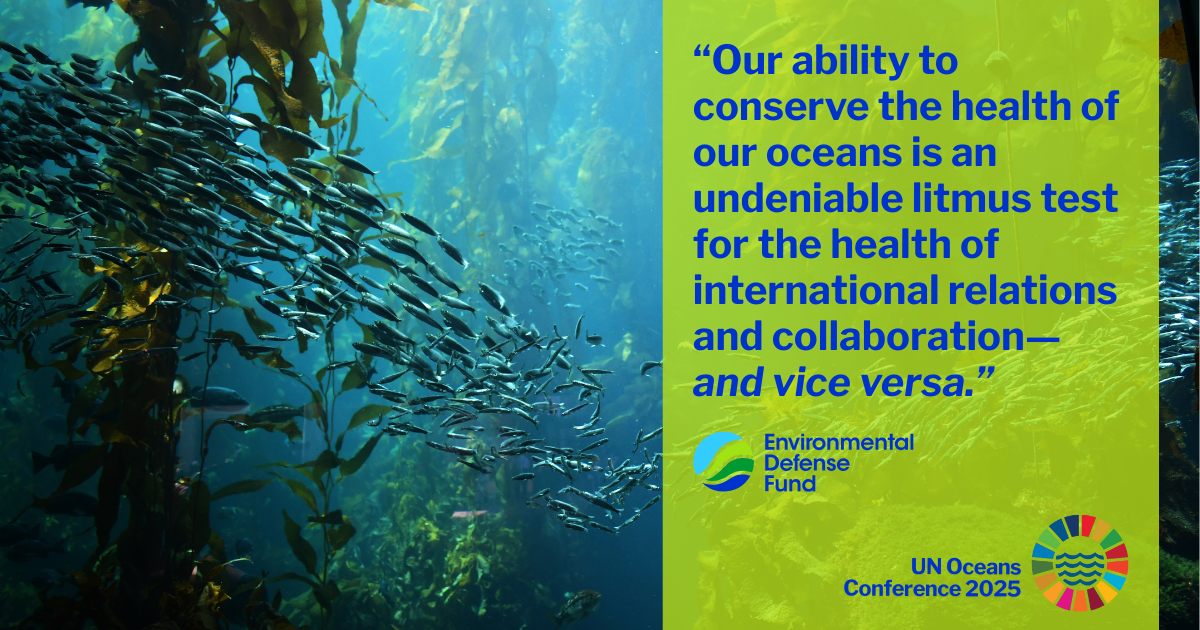Research sheds light on how to better manage small-scale fisheries
Small scale fisheries are critically important for the provision of food security, livelihoods, and economic development for billions of people. Most of these fisheries appear to be under-performing with respect to conservation, food production, revenue, and the quality of the livelihoods they can support.
 Many factors related to successful small-scale fisheries management have been articulated in previous research and through practical e xperience, including strong leadership, co-management, secure catch or marine tenure privileges, and scientific assessment of fishery status. Both the pathways and tools employed in fishery reform vary, but there is a growing consensus that the integration of effective fisheries governance and science-based management is crucial for success.
Many factors related to successful small-scale fisheries management have been articulated in previous research and through practical e xperience, including strong leadership, co-management, secure catch or marine tenure privileges, and scientific assessment of fishery status. Both the pathways and tools employed in fishery reform vary, but there is a growing consensus that the integration of effective fisheries governance and science-based management is crucial for success.
Together with fishermen and women, community members, managers and scientists we have identified some major lessons that arise from case studies in Belize, Cuba, Mexico and the Philippines. In newly published research, my colleagues and I evaluate the stories, challenges and lessons learned from these fisheries, where these groups are developing science-based solutions for sustainable fishing. We found that successful science-based management includes fisher participation and empowerment, partnership across sectors and community buy-in, and sound scientific analysis.
Finding ways to evaluate small-scale fisheries means gaining a deeper insight into the pathways and tools used to transition fisheries to more science based solutions. Small-scale fisheries occur in many different governance and data contexts. By identifying attributes of successful small-scale fishery reform efforts and mainstreaming this dialogue, we can begin to understand what conditions result in fisheries meeting environmental, social and economic goals.
Embedding science-based fisheries management within governance systems that create incentives aligned with management objectives, such as strengthened traditional tenure systems, co-management systems, and well-designed rights-based systems has the potential for dramatically improving the performance of small-scale fisheries, just as it has for large-scale fisheries.
How can the performance of small-scale fisheries be improved across a variety of contexts? Based on these case studies, we found that the solution often includes:
- Participatory processes empower fishers, increase compliance, and support integration of local and scientific knowledge;
- Partnership across sectors improves communication and community buy-in;
- Scientific analysis can lead fishery reform and be directly applicable to co-management structures.
 Our research suggests that a fully integrated approach that implements a participatory process to generate a scientific basis for fishery management (e.g., data collection, analysis, design) and to design management measures among stakeholders will increase the probability that small-scale fisheries will implement science-based management and improve their performance.
Our research suggests that a fully integrated approach that implements a participatory process to generate a scientific basis for fishery management (e.g., data collection, analysis, design) and to design management measures among stakeholders will increase the probability that small-scale fisheries will implement science-based management and improve their performance.
We are in a fortunate time for small-scale fisheries, resources are increasing that empower partners to address the challenges these fisheries are facing. These tools can be used to develop sustainable solutions that support more fish in the water, more food on the plate and more prosperous communities.












